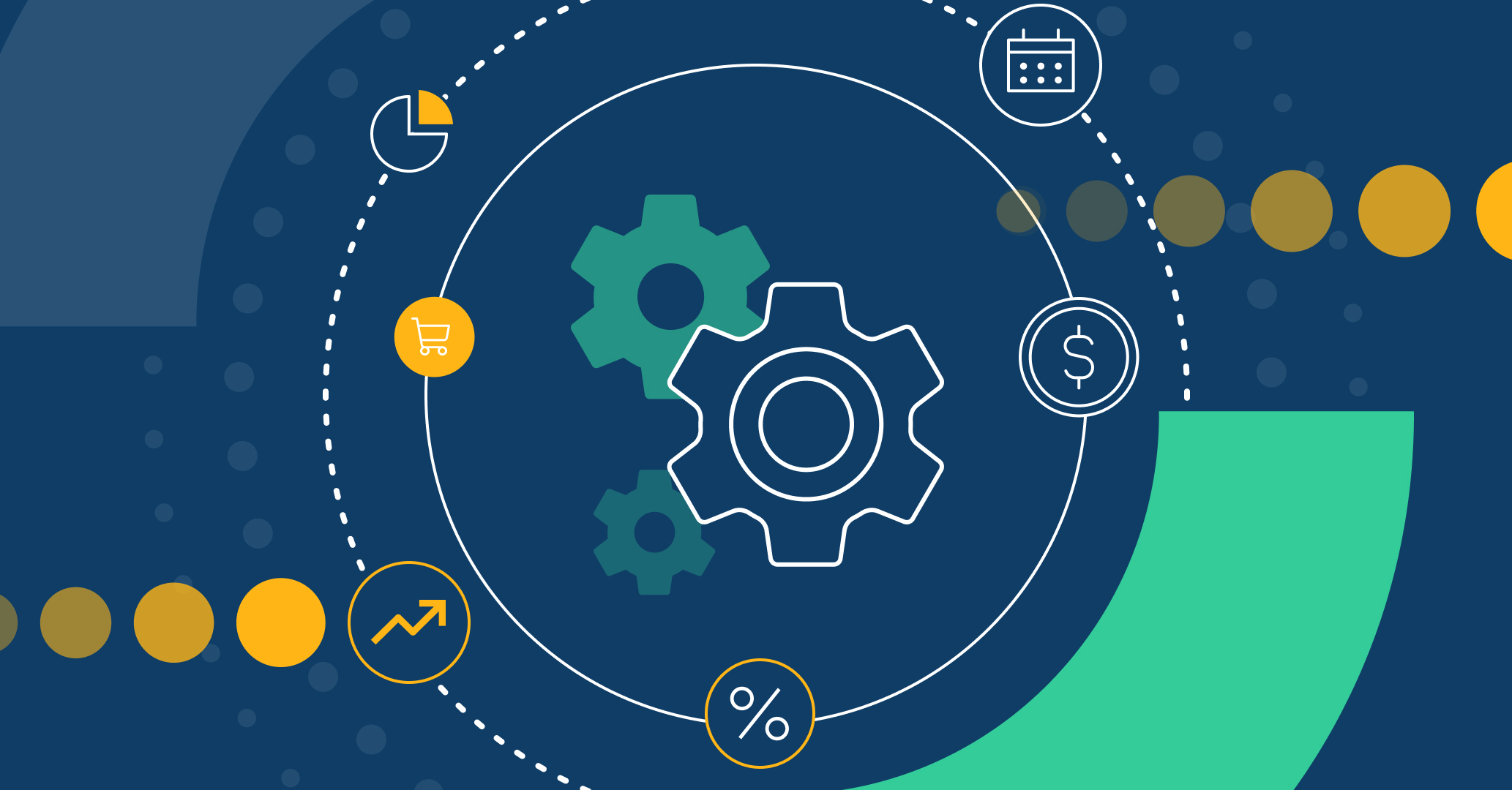Incorporating intelligent automation into business process management is the ideal strategy to boost efficiency and agility in your operations. Leveraging technologies like Artificial Intelligence (AI), Business Process Management (BPM), and Robotic Process Automation (RPA), intelligent automation handles repetitive tasks, freeing up time and resources for strategic activities.
In this article, you’ll discover types of intelligent process automation, their benefits, and tips for selecting the ideal tool for your business processes.
What Are Process Automation Tools?
Intelligent process automation designs technological solutions to optimize and transform business operations by combining tools like Artificial Intelligence (AI), Machine Learning, Robotic Process Automation (RPA), and Business Process Management (BPM) . Proper implementation streamlines processes, optimizes resources, and improves decision-making through data analysis, maximizing efficiency.
In a competitive environment, implementation is key to achieving agility, innovation, and market advantage.
Benefits
Intelligent automation tools offer numerous benefits, such as:
- Cost Reduction: Automating labor-intensive tasks reduces operational costs, optimizes resource utilization, and eliminates waste.
- Quality Improvement: Ensures accuracy, consistency, and compliance, reducing errors, rework, and improving customer satisfaction.
- Productivity Boost: Accelerates processes, scales operations, and allows employees to focus on high-value activities.
- Innovation Acceleration: AI tools facilitate exploring new opportunities, experimenting with ideas, and creating new products and services.
Types of Process Automation Tools
Several tools are designed to optimize tasks, reduce errors, and improve efficiency. Let’s explore the options:
Robotic Process Automation (RPA)
Uses software bots to mimic human actions and execute workflows in various applications and systems, automating tasks like data entry, invoice processing, email handling, and report generation.
Machine Learning (ML)
A branch of AI that enables machines to learn from data and improve performance without explicit programming. It analyzes large datasets, identifies patterns, makes predictions, and generates insights.
Natural Language Processing (NLP)
Helps machines understand and generate natural language like text and speech. It extracts information from unstructured data (e.g., documents, emails, social media posts), creates conversational interfaces, and powers chatbots and voice assistants.
Computer Vision (CV)
Enables machines to perceive and understand visual information (e.g., images and videos). It performs tasks like facial recognition, object detection, scene analysis, and image enhancement.
Business Process Management (BPM)
Business Process Management (BPM) is a discipline focused on designing, modeling, analyzing, and optimizing business processes to enhance organizational productivity and quality. BPM helps organizations align their processes with strategic objectives, identify inefficiencies, and automate routine tasks, among other capabilities.
How to Choose the Right Tool?
Selecting the right AI tools depends on factors such as:
- Business Goals: Define what you want to achieve, like improving efficiency, increasing revenue, or enhancing customer experience. Prioritize objectives based on urgency, impact, and feasibility.
- Business Processes: Analyze current processes to identify pain points, gaps, and improvement opportunities. Map inputs, outputs, dependencies, and stakeholders for each process.
- Data Sources: Evaluate data availability, quality, relevance, and security. Consider the types of data to process, such as structured or unstructured, numerical or textual, static or dynamic.
- Technical Capabilities: Assess technical resources like IT infrastructure, software platforms, hardware devices, network connectivity, and cybersecurity measures. Also, consider your team’s skills and expertise.
Based on these factors, you can select the most suitable AI tools for your business among the options available in the market.
Best tools for process automation
Based on the above criteria, we have selected some of the best intelligent automation tools to boost your business:
Qflow
Design, automate, and monitor your processes with Qflow. Our BPM tool ensures the optimization of your business processes, with functionalities such as integration with other daily-use tools available in the market, the use of artificial intelligence for the design of workflow diagrams in BPMN notation, or the implementation of automatic assignment rules to reduce the management time of each task.
With plans starting at $11 per user per month, our pricing is designed to reduce the cost per user as the number of active users increases. Additionally, we offer customized plans tailored to the needs of your organization and a free trial period to explore the tool.
Pipefy
It is a flexible BPM platform that offers integration with tools like Slack and Google Workspace, Kanban boards for task management, and permission management to control user collaboration without the need for coding.
Scalable in nature, Pipefy offers a free basic plan for up to 10 users and 5 processes, as well as standardized and customizable enterprise plans.
Kissflow
Kissflow is a cloud-based BPM tool focused on process automation and performance monitoring.
Its features include dashboards with process information, customizable report generation, and automation of notifications and alerts.
The tool offers a basic plan for 50 users at $1,500 per month or customized plans for companies with all functionalities included.
Bizagi
Bizagi BPM and its process modeler Bizagi Modeler allow for the creation of business process diagrams and their automation for improved business performance. Processes can be published in various easily accessible formats, such as Word or PDF, to facilitate implementation.
Its plans are consumption-based, with unlimited users and applications within each subscription.
Appian
Appian is presented as a process-focused application development platform, with real-time controls, intelligent document processing, and accessibility from various devices. While basic programming knowledge is required for its use, its automation formula is low-code.
The platform offers three plans: standard, advanced, and premium with predetermined costs per user, month, and developed application.
Camunda
Camunda incorporates predictive intelligence, generative AI, and augmented intelligence to efficiently integrate artificial intelligence into business processes. Its open architecture ensures seamless integration with leading web frameworks.
The platform is free for teams of up to five users and offers plans tailored to both businesses and beginners, starting at $99 per month.
Nintex
With its Cloud and Self-Hosted versions, Nintex offers solutions to model and automate processes, utilizing third-party artificial intelligence and integrations with enterprise platforms like SharePoint.
Its plans range from $480 to $185,000 per year and also include a limited free trial version.
Conclusion
Intelligent automation tools are powerful and versatile solutions that can help you automate and enhance your business processes with AI. By choosing the right AI tools for your business objectives, processes, data sources, and technical capabilities, you can reap the benefits of cost reduction, quality improvement, productivity enhancement, and innovation acceleration.
Explore the options and take your business management to the next level!






